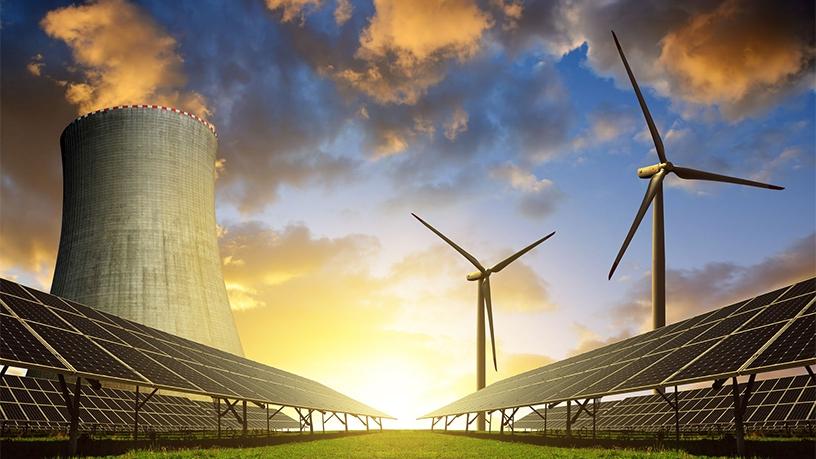
The North Gauteng High Court has ruled against the National Union of Metalworkers of SA (Numsa) and civic group Transform RSA on the signing of 27 outstanding renewable energy deals.
The court ruled that a case for urgency by the labour union and the civic group has not been made. The case was today struck off the roll as an urgent interdict application.
The deals, worth about R58 billion were supposed to be signed on 13 March. However, this did not materialise after Numsa and Transform RSA were granted an urgent court interdict at the North Gauteng High Court.
They had argued that the signing of the renewable independent power producer (IPP) projects will result in massive job losses in the coal industry.
The other argument was the IPP roll out will raise the cost of electricity dramatically, because IPPs cost much more than coal-fired electricity.
Following the ruling, renewable energy industry body, the South African Wind Energy Association (SAWEA) issued a statement saying it awaits the court's written judgement, which will be made available early next week.
"It is our understanding that there is nothing in the law that now prevents the signing of the duly procured power purchase agreements," says Brenda Martin, SAWEA CEO.
In its legal response to Numsa and Transform SA on Tuesday, 20 March 2018, SAWEA pointed out that planned coal-fired power station closures were unrelated to the conclusion of renewable energy power purchase agreements (PPAs), that renewable power purchase costs did not place additional financial burden on Eskom but had in fact added to Eskom's revenue, that the current supply surplus may well be short-lived, and that renewables are South Africa's least-cost and most flexible power investment option.
According to SAWEA, the 27 projects are anticipated to start supplying electricity into the grid approximately three years after the PPAs are signed, once power plants have been constructed and then connected to the transmission system.
"Significant changes can occur in that time, as evidenced by South Africa's past experience of load shedding. There is no reason to assume that the current surplus will still exist when the projects begin supplying electricity," Martin notes.
She adds that the two-year delays have had a crippling effect on IPPs, which are incurring ongoing costs in excess of R2.2 million per month.
"This translates to just under R60million for the account of project shareholders, including Community Trust shareholders," Martin points out.
SAWEA notes that in addition to these direct financial impacts, the delay has resulted in rural communities not being able to realise the benefits of local economic development and construction, the incalculable cost of deteriorating investor confidence, the effects on manufacturers, assembly plants and suppliers who have had to shut down their operations. The loss of jobs within the SA renewables sector and its supply chain has been significant.
"Once the PPAs are signed, the SA renewable industry can begin the task of recovery and we hope to soon resume the trajectory of growth that this much-admired programme was well on track to realising back in 2015. South Africa's renewable energy industry is ready to work with all parties committed to achieving an energy transition which is transparent and just," Martin concludes.
Share